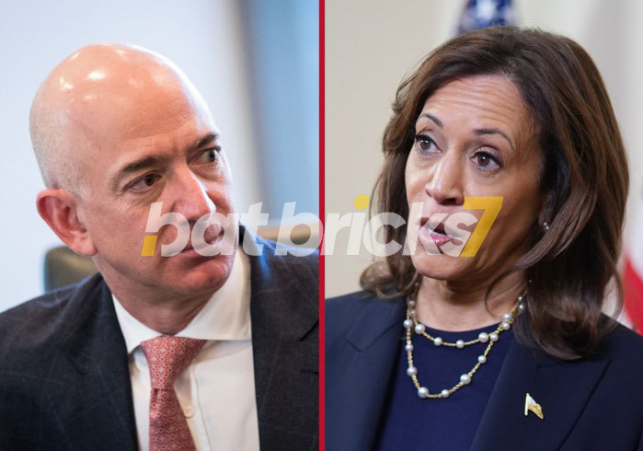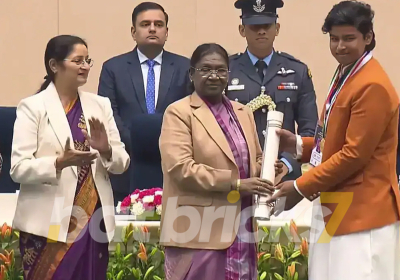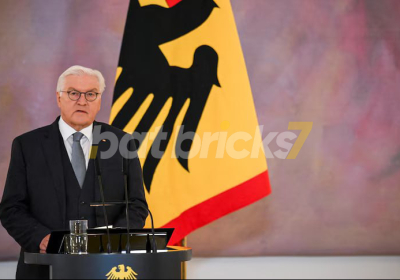Jeff Bezos, the owner of the Washington Post, on Monday (Oct 28) defended the publication's decision to not endorse Democratic Party's presidential nominee Kamala Harris

US elections Jeff Bezos has this to say on WaPo's decision to not endorse Kamala Harris
Jeff Bezos, the owner of the Washington Post, on Monday (Oct 28) defended the publication's decision to not endorse Democratic Party's presidential nominee Kamala Harris.
In an opinion piece published on the Post's website, Bezos, the billionaire founder of Amazon.com and Blue Origin, said it was a "principled decision".
This comes as reports claimed that more than 200,000 users, about 8 per cent of its total subscribers, have cancelled their online subscriptions to the Washington Post after the popular news outlet decided not to endorse a candidate in the upcoming US presidential elections.
"What presidential endorsements actually do is create a perception of bias. A perception of non-independence," Bezos wrote.
"Ending them is a principled decision."
Bezos also denied allegations that the lack of endorsement had something to do with the meeting between Blue Origin CEO Dave Limp meeting Republican presidential candidate Donald Trump.
"I would also like to be clear that no quid pro quo of any kind is at work here," said Bezos.
"Neither campaign nor candidate was consulted or informed at any level or in any way about this decision. It was made entirely internally," he added.
Bezos claimed that even he did not know about Limp meeting Trump on the day of the announcement and said "I sighed when I found out because I knew it would provide ammunition to those who would like to frame this as anything other than a principled decision."
"There is no connection between it and our decision on presidential endorsements, and any suggestion otherwise is false," he stressed.
Why is the no-endorsement of Washington Post controversial?
Historically, the editorial board of the influential publication has never shied away from endorsing candidates.
For the last four decades, the Washington Post has consistently endorsed Democrat candidates, said a report in AFP news agency.
However, this year, just days ahead of the too-close-to-call, neck-to-neck election race between Harris and Trump, Post decided to refrain from doing so.
Also read | Washington Post says will not endorse Harris or Trump in election
Previously, on Friday, William Lewis, the Washington Post's publisher and CEO, announced that the newspaper would not endorse a presidential candidate in the upcoming Nov 5 election or any future presidential election.
"We are returning to our roots of not endorsing presidential candidates," he wrote.
The decision, however, garnered widespread condemnation from subscribers and columnists alike.
"The Washington Post's decision not to make an endorsement in the presidential campaign is a terrible mistake," wrote 20 columnists in an opinion piece on the Post's website.
The decision "represents an abandonment of the fundamental editorial convictions of the newspaper that we love," they added.
Controversy is brewing at LA Times on Kamala endorsement
The Washington Post row came close on the heels of a similar controversy at another influential US newspaper, the Los Angeles Times.
In a surprise move, the billionaire owner Patrick Soon-Shiong blocked the paper's plans to endorse Harris.
A wave of resignations followed, including three members of the LA Times editorial board led by Mariel Garza.
Hundreds of subscriptions were cancelled.
Later, the owner's daughter, the activist Nika Soon-Shiong, claimed to have influenced the decision.
She suggested that the endorsement of Harris was blocked over the US vice president's support for the Israeli military operation against Hamas in Gaza in response to the terror attacks of October 7 last year.
Patrick Soon-Shiong, however, rejected his daughter's claims.





